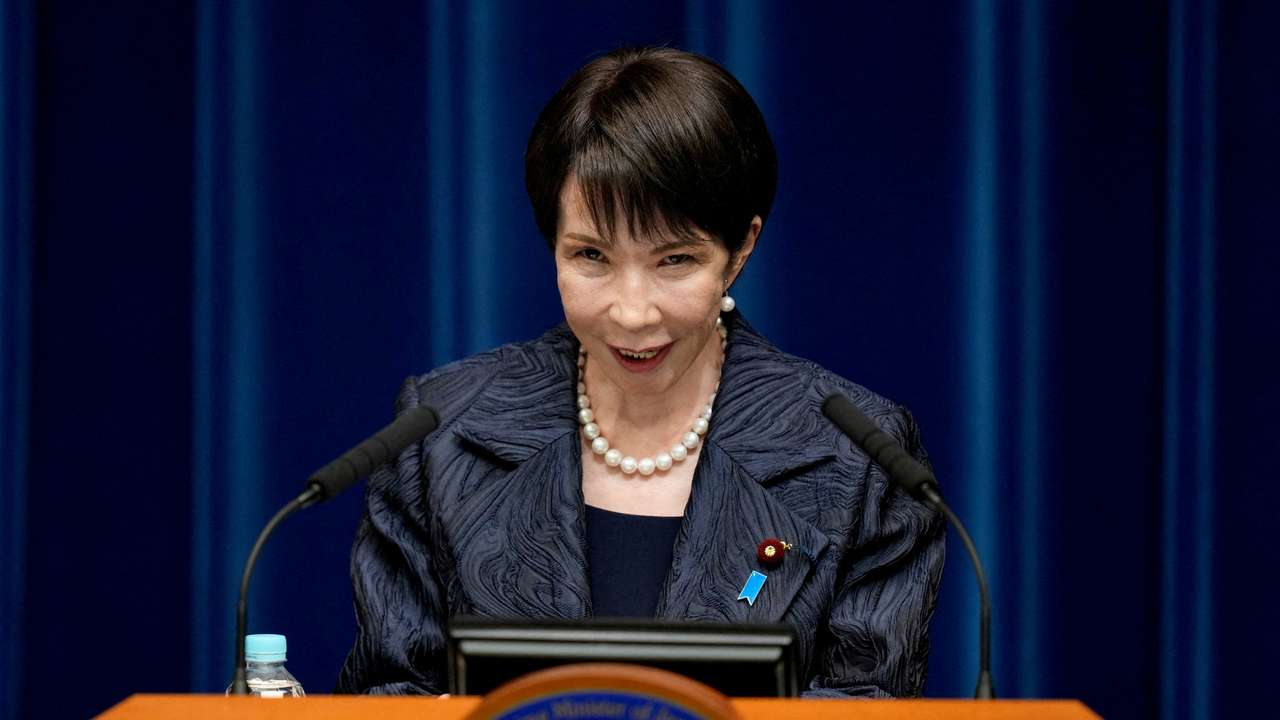Is Japan’s new PM becoming the face of a harsh work culture?

She has been in office for less than a month, but Japan’s first female prime minister, Sanae Takaichi, is already causing a stir for her seemingly indefatigable nature — including working during the wee hours of the day.
On November 7, Takaichi, who in her victory speech vowed to “work and work and work and work,” called her aides to a meeting at 3 a.m. to prepare for a 9 a.m. appearance before the country’s Parliament, the Diet.
The meeting lasted about three hours, according to the aides present, and was spent preparing for the budget meeting later that morning. In Takaichi’s own words, the meeting caused her staff “inconvenience” but was necessary to rework drafts of answers to lawmakers’ questions.
Clarifying the circumstances behind the meeting, Takaichi added that her fax machine at home had malfunctioned, prompting her to stay at the prime minister’s residence and review the briefing materials there.
While 3 a.m. meetings are far from common, they are especially cautionary for people in Japan, where there have been several high-profile cases of deaths linked to overwork and unforgiving working conditions.
It is so apparent that the Japanese have even coined specific terms for it: karoshi, meaning death from overwork, and karojisatsu, or suicide due to overwork and cruel working conditions.
A government survey in 2016 showed that 20 percent of the Japanese workforce is at risk of death from overwork.
Of the companies surveyed, 22.7 percent reported employees clocking 80 hours of overtime each month. A fifth of employees averaged 49 or more hours each week, or nearly 10 hours across five working days.
What’s more daunting is the fact that Japan is not the only country in Asia notorious for its harsh working conditions.
In China, the government is working to put a stop to the “996” culture, an illegal labour practice where employees have to work 72 hours a week, or from 9 a.m. to 9 p.m. six days a week.
Takaichi’s unusual meeting also drew the ire of a former Japanese premier, Yoshishiko Noda.
“It’s fine for her to work, but she should not be getting other people involved,” he said. “Everyone is in bed at that time of day. It’s a very sad attitude for the top leader of the country to show.”
This story is written and edited by the Global South World team, you can contact us here.